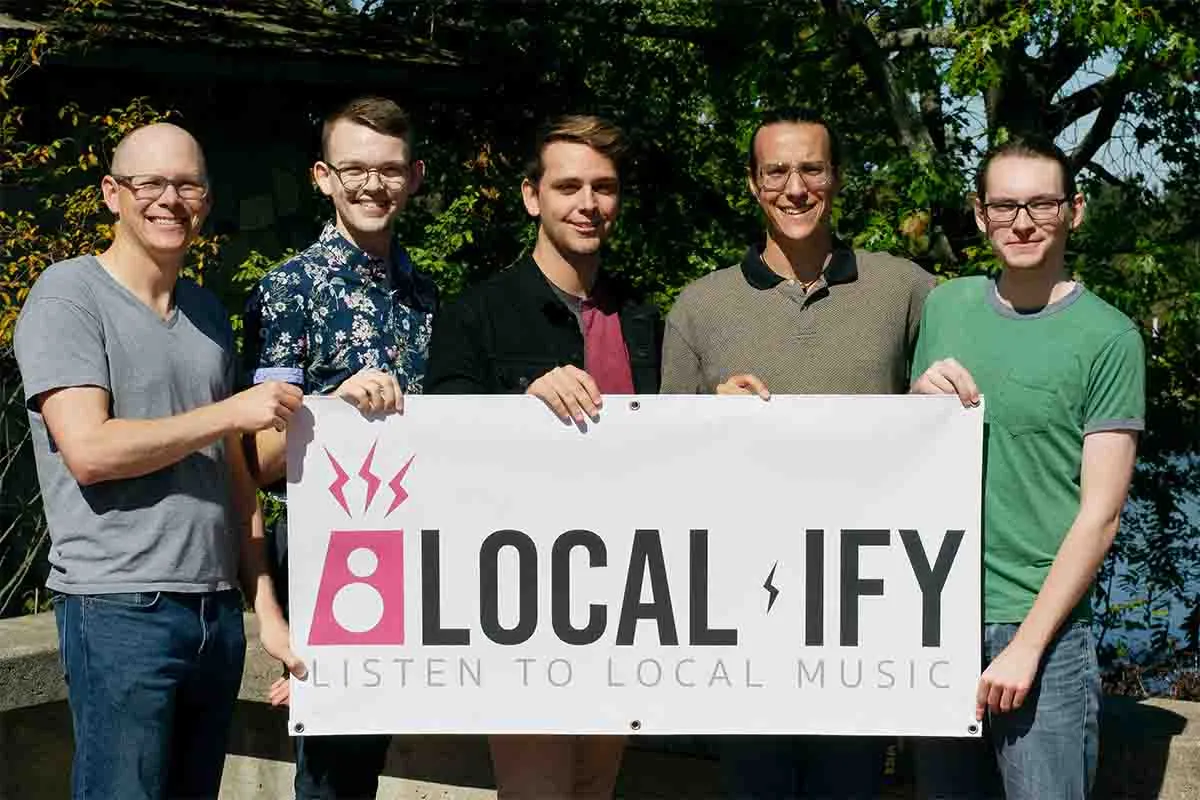Ithaca is well-known for its support of the local musicians, and hosts several events each year that showcase local artists. This summer, Doug Turnbull, an associate professor in Ithaca College’s Department of Computer Science — and a musician himself — received a $220,000, four-year grant from the National Science Foundation to study recommendation systems that will help promote local music scenes.
The grant is titled “Counterfactual Learning and Evaluation for Interactive Information Systems,” but Turnbull’s goals go beyond theory and algorithms, as he tries to support local musicians. His idea? A website called Localify.org that recommends local events and generates personalized playlists on Spotify featuring music by local bands.
“If you realize that there’s some really great local bands playing here and start to support them by going to their shows, then you are supporting the local economy,” Turnbull said.
Several students are working with Turnbull on his grant. One is Nicolas Wands ’21, a cinema and photography major with a web development and finance minor. The pair first connected through Turnbull’s introductory computer science course, and Wands was later later recruited for his grant work. His area of expertise for the project is front-end development and user interface design.
